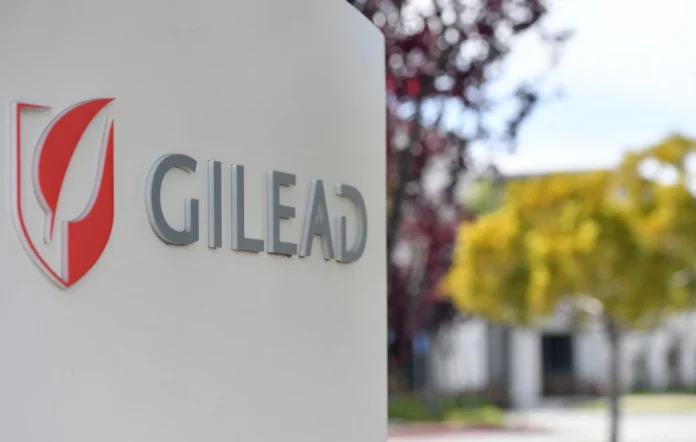The U.S. Food and Drug Administration (FDA) on Wednesday approved a twice-yearly injection developed by Gilead Sciences to prevent HIV infection, a milestone hailed as a potential game-changer in the global fight against the virus.
The injection, lenacapavir, will be marketed under the brand name Yeztugo and represents the first long-acting, biannual pre-exposure prophylaxis (PrEP) medication. PrEP drugs, which prevent HIV transmission, have existed for over a decade but often require daily pills, a barrier to widespread adherence and impact.
“This is a historic day in the decades-long fight against HIV,” said Gilead Chairman and CEO Daniel O’Day in a statement. “With Yeztugo, we are taking a major step forward in simplifying prevention.”
In two major clinical trials involving more than 4,000 participants, Yeztugo demonstrated extraordinary efficacy. One trial, conducted in sub-Saharan Africa with over 2,000 women, reported zero infections, showing superiority to the standard daily pill Truvada. The second trial, which involved men and gender-diverse individuals, recorded only two infections, a 99.9% prevention rate.
While side effects were mostly mild, including injection site reactions, headaches, and nausea, the drug has been praised by scientists and public health experts. The New England Journal of Medicine published the trial results, and the journal Science named lenacapavir its 2024 “Breakthrough of the Year.”
Despite its promise, access remains a major concern. Gilead has priced Yeztugo at $28,218 per year in the U.S., which, while comparable to existing PrEP options, is seen as prohibitively expensive for large-scale use. Activists and global health experts are calling for dramatic price reductions.
“Even high-income countries will not be able to afford widescale use of lenacapavir at prices above $20,000 per year,” said Andrew Hill of Liverpool University, who found it could be manufactured for as little as $25 annually.
UN Under-Secretary-General Winnie Byanyima added: “Lenacapavir could be the tool we need to bring new infections under control, but only if it is priced affordably and made available to everyone who could benefit.”
To address affordability, Gilead signed agreements with six pharmaceutical companies to produce generic versions for 120 low- and middle-income countries, pending regulatory approvals. In the interim, a separate deal with the Global Fund, PEPFAR, and other partners aims to supply doses for two million people. However, cuts to U.S. global health funding programs have raised concerns about the deal’s long-term viability.
As the world looks to end the HIV epidemic, the success of Yeztugo will likely depend as much on access and affordability as on science.
Written By Rodney Mbua



















